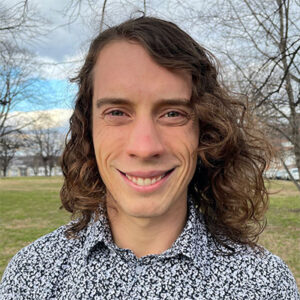
"Cure Addiction Now has proven immediately effective for advancing progress in the pursuit of improving the lives of people with substance use disorders. By bringing together those with expertise from bench-to-bedside, Cure Addiction Now expedites translational science and conversations among creative and collaborative researchers that share the common goal of developing innovative addiction treatments. This center facilitated by Cure Addiction Now is bounded by neither institutional walls nor geographic barriers and is a knowledge supercollider poised to accelerate key new discoveries into the clinical setting on the timeline of now."
Justin C. Strickland, Ph.D.
Johns Hopkins University School of Medicine
Associate Professor
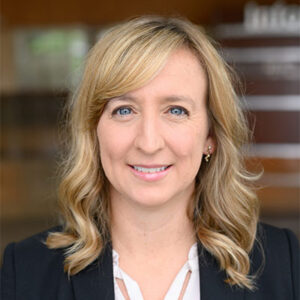
"Cure Addiction Now (CAN) is an impactful and unique organization that is breaking down barriers in the pursuit of new treatments for substance use disorders. Specifically, CAN is filling a critical need to fund research and bring together top scientists in the field to promote rapid translation of new medications that can positively impact the lives of patients with substance use disorders, thereby promoting global health. This is truly a wonderful organization, and I am excited to see how it will continue to transform the lives of patients."
Cassandra D. Gipson-Reichardt, Ph.D.
Program Chair-Elect, College on Problems of Drug Dependence
Associate Professor
Department of Pharmacology and Nutritional Sciences
University of Kentucky

"Cure Addiction Now has made a major impact on our collaborative research efforts to understand addiction and substance use disorders, finding practical near-term solutions while also developing promising new therapies through bench science. The combination of immediate practical studies with opportunities for high-risk, high-reward projects has the potential to make an impact in the clinic today—a truly special feature of this foundation. I am inspired to work alongside such a talented group of scientists from diverse perspectives and leading universities, all focused on solving our opioid addiction crisis here in the USA. Cure Addiction Now is at the cutting edge, unifying bench discoveries with clinical research to bring new treatments to the public."
Michael R. Bruchas, Ph.D.
Researcher & Professor, University of Washington

"By focusing on the most high-risk/high-return research at the earliest stages, when it is most difficult to obtain federal funding, the Cure Addiction Now (CAN) Foundation is having a profoundly positive impact on our understanding of substance use disorders (SUDs). CAN’s efforts are likely to catalyze the development of entirely new classes of new treatment for SUDs."
Dr. Paul J. Kenny, Ph.D.
Icahn School of Medicine at Mount Sinai
Ward-Coleman Professor and Chair, Nash Family Department of Neuroscience
Director, Drug Discovery Institute (DDI)

"Cure Addiction Now fills an important gap by supporting high risk/high reward research projects that might not be possible by way of conventional funding mechanisms. Organizations like CAN are critical for expediting innovative and creative research that will help move the field forward."
Christian Hendershot, Ph.D.
Keck School of Medicine of USC
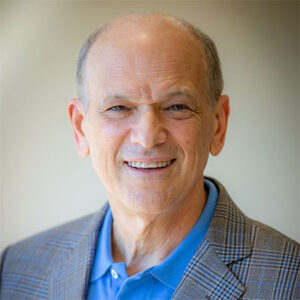
"CAN is a unique consortium that is bringing together some of the best labs in the country to work together to conquer addiction. The CAN labs, by utilizing multidisciplinary approaches in a highly coordinated manner, promise to bring new treatments for drug addiction to the clinic as quickly as possible."
Eric J. Nestler, M.D., Ph.D.
Nash Family Professor of Neuroscience
Director, Friedman Brain Institute
Dean for Academic and Scientific Affairs, Icahn School of Medicine at Mount Sinai
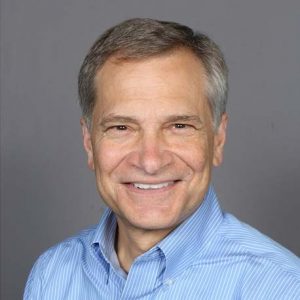
"Cure Addiction Now fills a gaping void in the battle against addiction. By helping translate brilliant scientific insights into tomorrow's medicines, CAN will transform not only patients' lives but society's attitude towards the brain disease of addiction. CAN will change the world - I have every confidence."
Dr. Kurt Rasmussen, Ph.D.
Scientific Advisory Board Member of Cure Addiction Now & Chief Scientific Officer at Delix Therapeutics

"Understanding the role genetics plays in drug addiction gives us new therapeutic targets. If we identify a gene that increases the risk of opioid addiction when taking pain medication, we can focus on that gene and the protein it produces. This can help us either prevent addiction or develop targeted therapies. For example, the brain's safety mechanism that tells you to stop harmful behavior deteriorates over time, but our research aims to regenerate those neural circuits."
Dr. Barbara Juarez, Ph.D.
University of Maryland School of Medicine
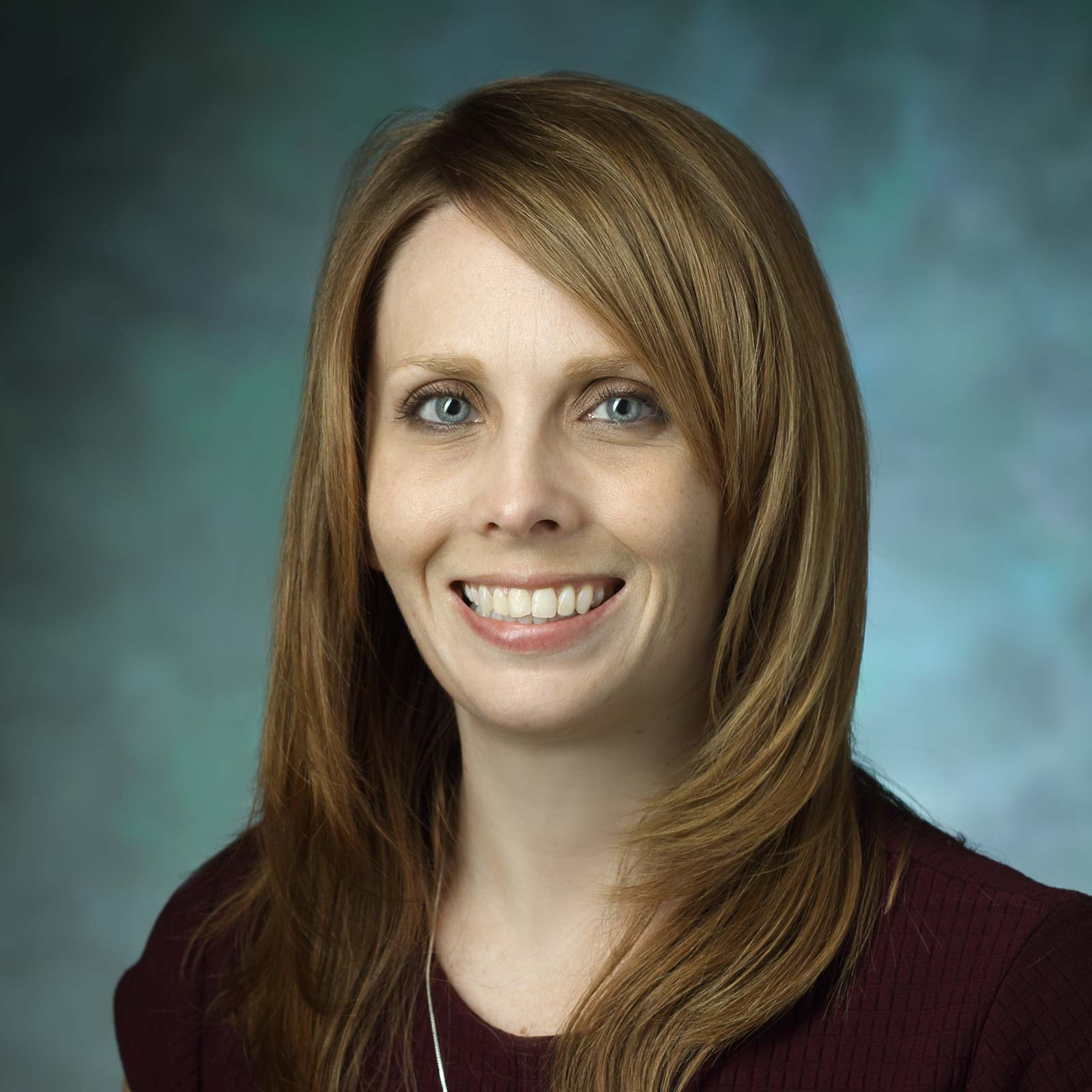
"I've worked in the area of substance use (and particularly opioid use disorder) treatment for the past 20 years. Over the years I would meet with various business professionals who would routinely comment on how underfunded addiction treatment was. I didn't believe them for a long time- after all there is an entire NIH institute devoted to the science of addiction. But then I started to compare our field with related mental health fields and realized these comments were true. The most shocking discovery for me was the realization that in the past 50 years, more than 90 medications (along 7 different mechanistic pathways) have been developed for depression (and still more are being developed today!), while in that same period of time only 5 medications had been developed for opioid use disorder. Moreover, one of these opioid treatment medications was subsequently removed from the market due to safety concerns, and still no successful medications have been identified for other forms of substance use, such as stimulant use disorder. It is clear to me now that despite the high rate of morbidity and mortality associated with these disorders, there continues to be substantial under-investment in addiction medicine from industry and private sources.
Fortunately, there is a field of addiction scientists and clinicians who are committed to making a difference in the lives of our patients and we have ideas that- if seeded properly- could be developed into transformative treatment approaches that would help individuals who are suffering. Our current funding structure makes acquisition of this seed money very challenging and slow, which is especially troublesome because our public health need for help is at an all-time high. Cure Addiction Now is helping to combat these challenges by providing vital seed funds to scientists whose ideas are judged by a panel of peer experts as being innovative and feasible, and this support is vital in helping us accelerate our ability to identify potential treatment targets and procure larger NIH grant or industry support to conduct larger and more definitive trials. I am extremely thankful to Cure Addiction Now for recognizing this major unmet need in our field and catalyzing support for our science and - by extension- our patients and their loved ones who are suffering with them."
Kelly E. Dunn, Ph.D.
Johns Hopkins School of Medicine
Professor, Behavioral Pharmacology Research Unit
Department of Psychiatry and Behavioral Sciences
